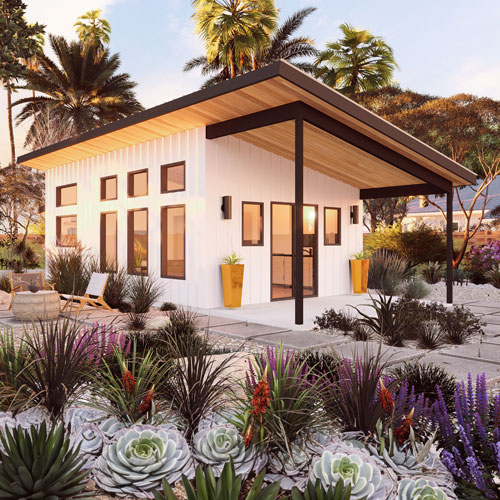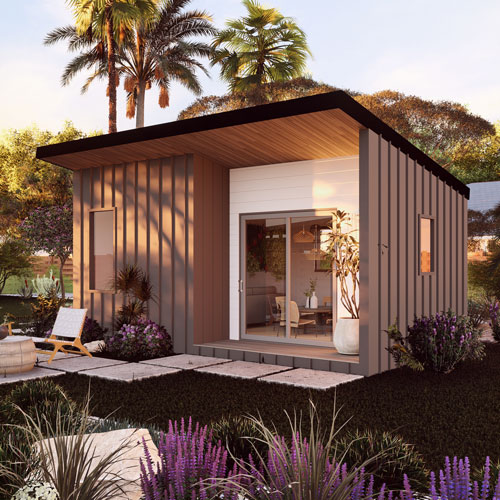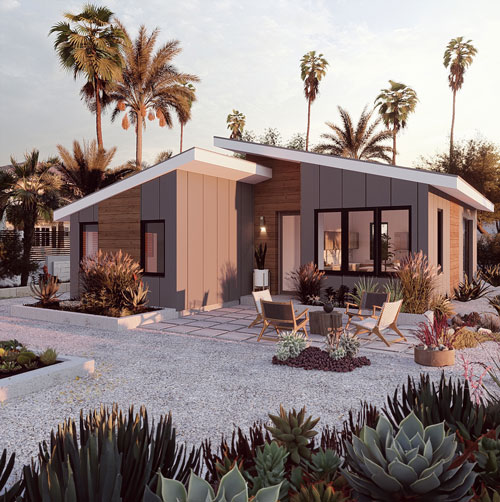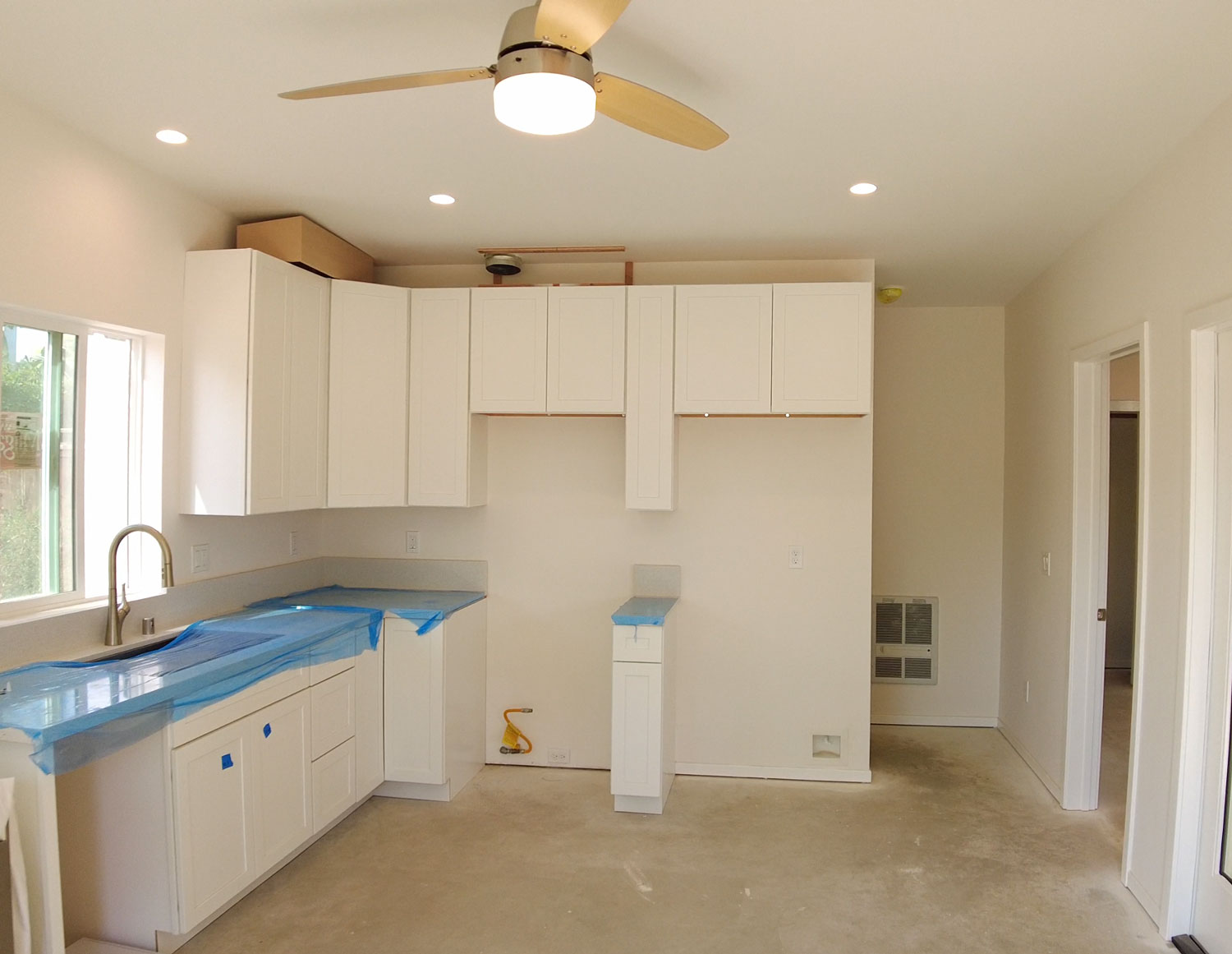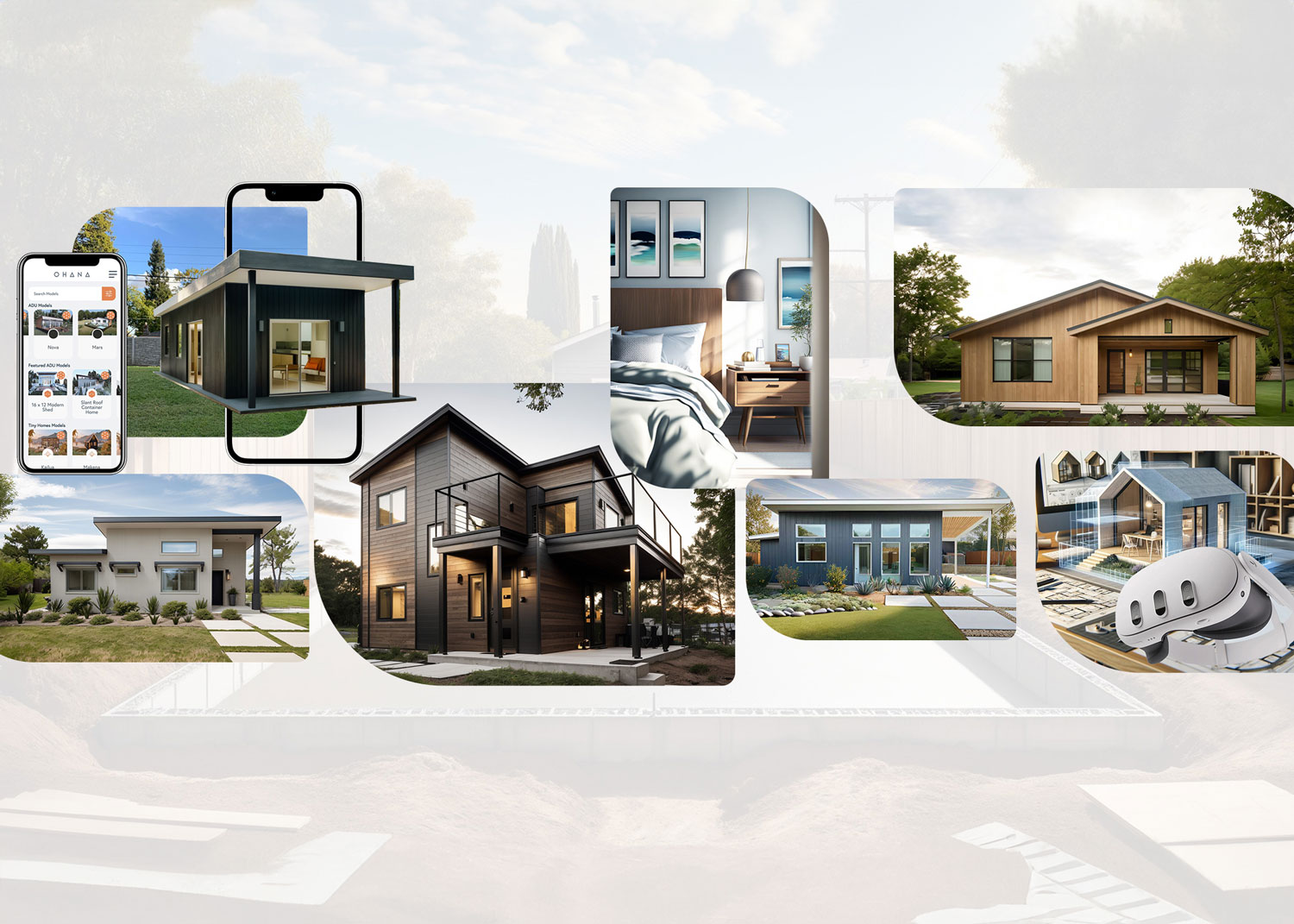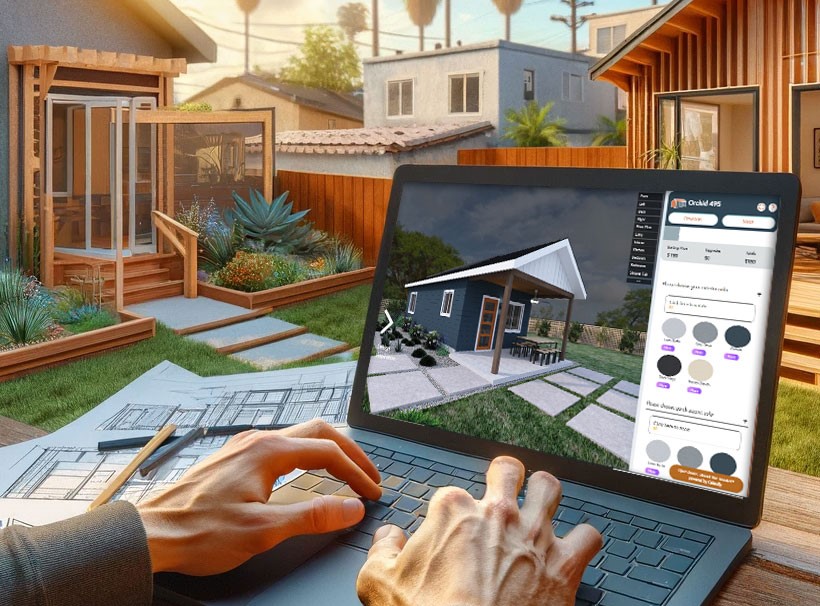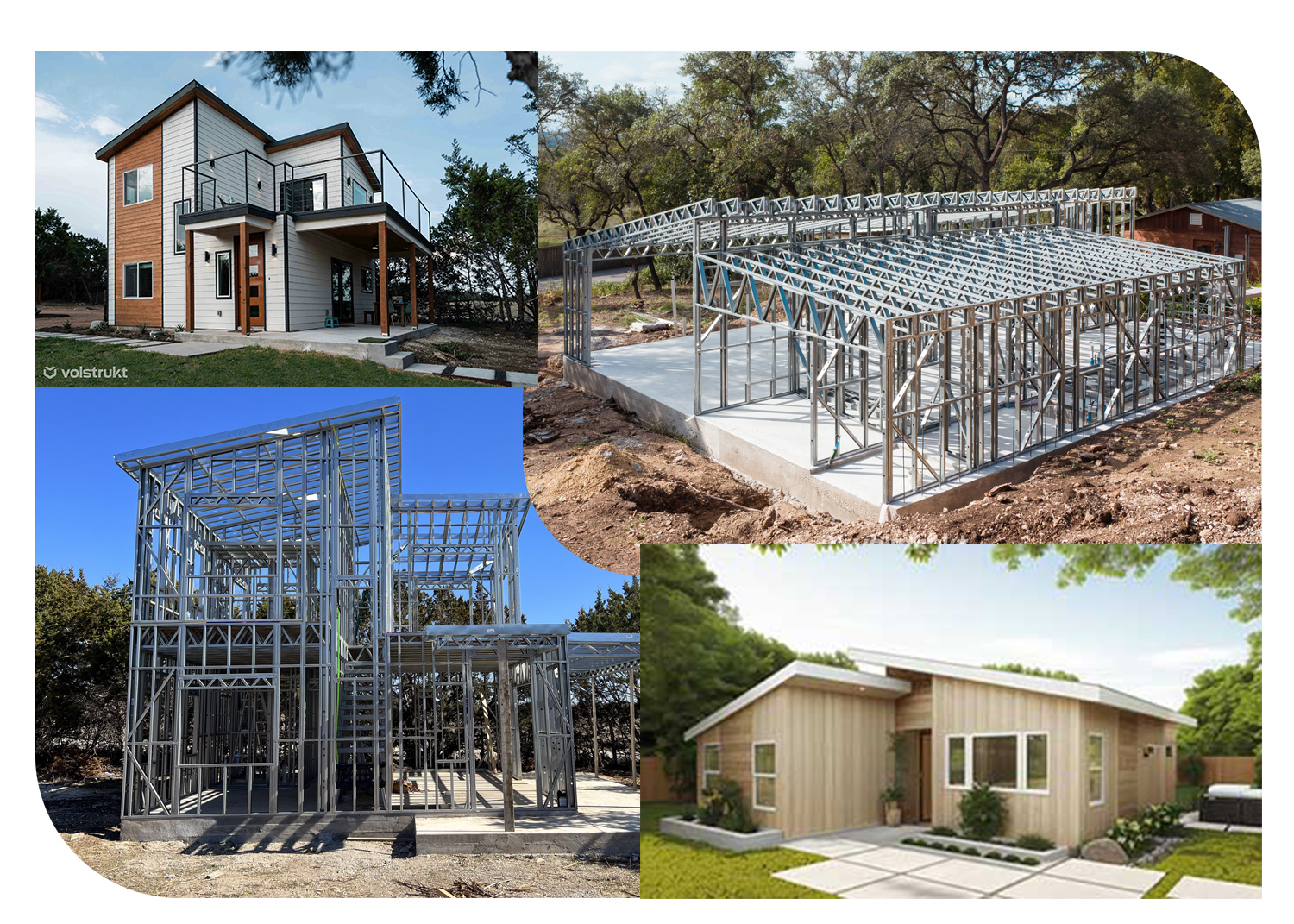1. What is an Accessory Dwelling Unit (ADU)?
Answer: An ADU is a secondary housing unit on the same lot as a primary residence. It can be attached to the main house, such as a basement or over-garage apartment, or a standalone structure like a backyard cottage. ADUs are used for various purposes, including housing for family members, rental income, or as a home office.
2. What are the common types of ADUs?
Answer: ADUs come in several forms, including detached ADUs (standalone structures), attached ADUs (extensions or conversions of existing spaces like garages), and interior ADUs (conversion of existing spaces within the main house, such as basements or attics).
3. How much does it cost to build an ADU?
Answer: The cost can vary widely based on size, location, materials, and whether it's a new construction or a conversion. On average, costs can range from $50,000 for a simple garage conversion to $300,000 or more for a new, high-end detached ADU. It's important to get a detailed quote from a contractor based on specific plans.
4. Do I need a permit to build an ADU?
Answer: Yes, you'll typically need to obtain building permits from your local municipality. Permit requirements vary by location, so it's essential to check with your local planning and building departments to understand the specific requirements, which may include zoning, size limitations, parking, and utility connections.
5. How long does it take to build an ADU?
Answer: The timeline can vary based on the project's complexity, permit approval process, and construction schedule. On average, it might take anywhere from 3 to 12 months from planning to completion. Delays can occur due to weather, materials availability, or regulatory hurdles.
6. Can I rent out my ADU?
Answer: In most cases, yes, you can rent out your ADU. However, local regulations may have specific requirements related to rental ADUs, such as owner-occupancy stipulations, rental duration minimums (e.g., no short-term rentals), and tenant rights. Always verify local laws and regulations before planning to rent out your ADU.
7. How does an ADU affect property taxes?
Answer: Adding an ADU may increase your property's assessed value, potentially leading to higher property taxes. However, the exact impact varies by location and the specifics of the property tax system in your area. It's advisable to consult with a local tax assessor or a real estate professional to understand the potential tax implications.
8. What are the energy and utility considerations for an ADU?
Answer: Depending on local regulations and the ADU's design, you may need separate utility meters for electricity, gas, and water. Energy-efficient designs and appliances can help minimize additional utility costs. In some areas, incorporating renewable energy sources like solar panels may be encouraged or required.
9. How does an ADU impact my property's value?
Answer: Generally, a well-designed and constructed ADU can increase your property's value by adding a desirable feature that provides additional living space or potential rental income. However, the exact impact on property value can vary based on the real estate market, the ADU's quality, and other factors.
10. Can I build an ADU myself, or do I need to hire a contractor?
Answer: While it's possible to undertake some or all of the ADU construction yourself, most homeowners benefit from hiring a professional contractor, especially for tasks requiring specialized skills, permits, and inspections. If you choose the DIY route, ensure you're aware of local building codes and regulations and consider consulting professionals for specific tasks.
Building an ADU involves numerous considerations, from understanding local regulations to managing construction costs and timelines. It's essential to conduct thorough research and consult with professionals to ensure a smooth and successful ADU project.


